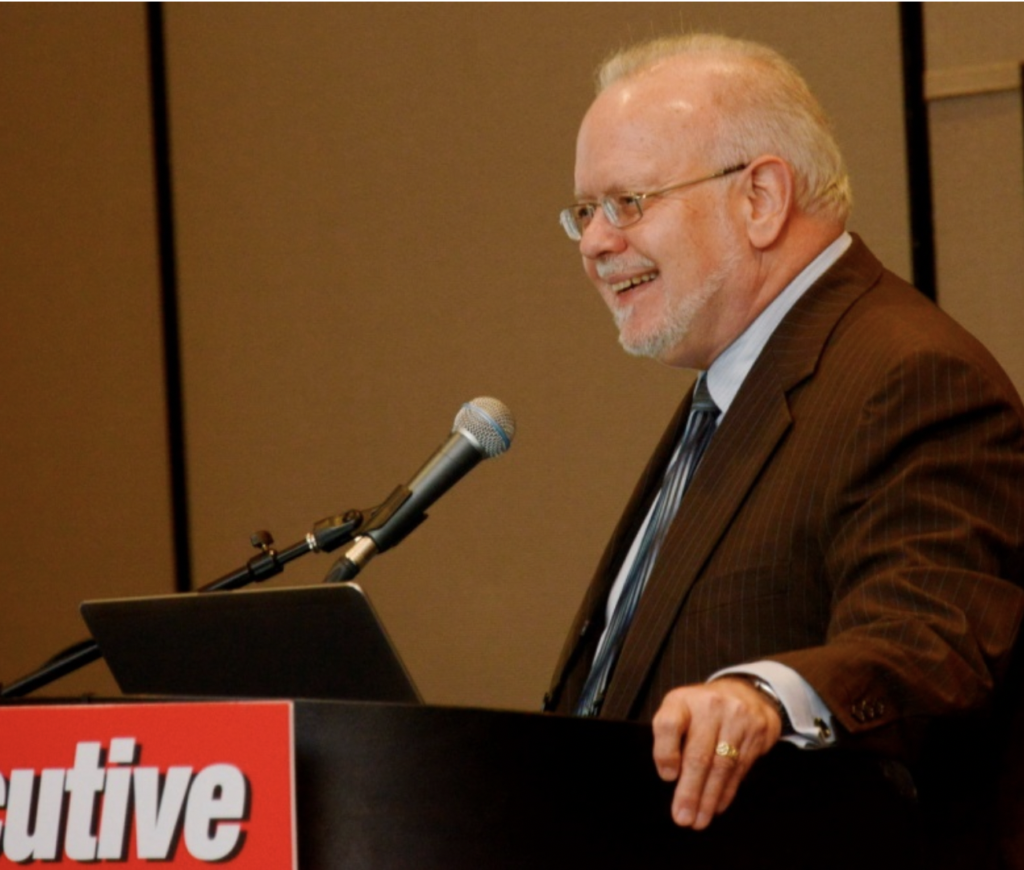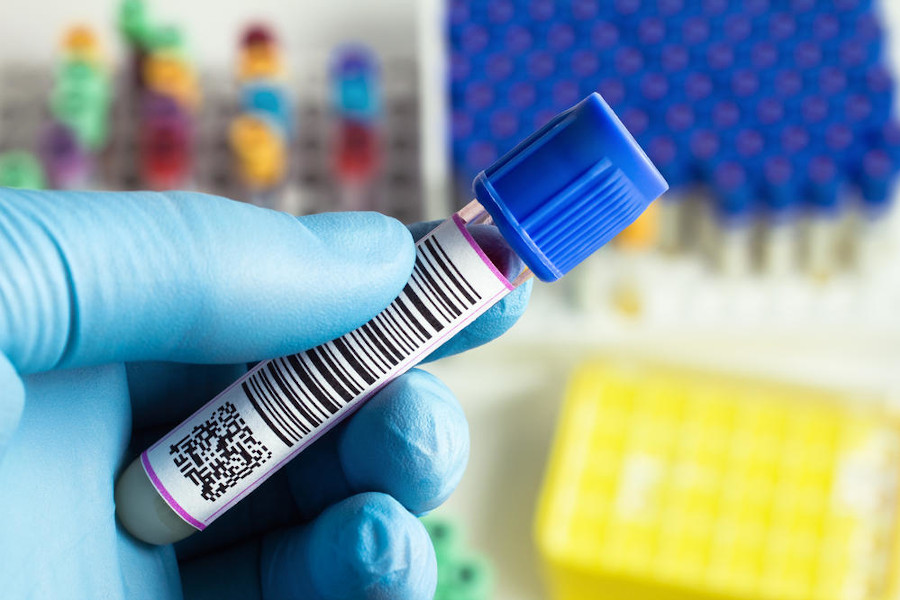Clinical laboratories face potentially expensive mistakes while setting up serology testing for COVID-19.
There are costly pitfalls that medical laboratories must avoid while selecting and validating a SARS-CoV-2 assay.
Even consumers know that the next priority in managing the COVID-19 pandemic is to begin large volumes of serology testing. These clinical laboratory tests detect SARS-CoV-2 antibodies, particularly the IgM and IgG proteins present in the blood as the body progresses through and beyond COVID-19 infection.
The Center for Health Security at the Johns Hopkins Bloomberg School of Public Health lists dozens of serologic tests that are under development, approved for use in other countries, or approved for research or surveillance purposes. Most are rapid diagnostic tests, but some developers are working on enzyme-linked immunosorbent assays (ELISA), lateral flow immunoassays (LFA), and automated chemiluminescence immunoassays.
Federal evaluations of commercially manufactured serologic tests to detect SARS-CoV-2 antibodies expected to be completed in late April, according to the Centers for Disease Control and Prevention (CDC). That is why it is important for clinical laboratory and hospital leaders to recognize potential risks and cashflow implications now.
To understand what actions clinical laboratories can take, not only implement reliable antibody tests, but also to benefit from potential serology testing reimbursement, the COVID-19 STAT Intelligence Briefings Service interviewed Frederick (Fritz) Kiechle, MD, PhD. Recently retired from the position of Medical Director, Clinical Pathology at Memorial Healthcare System in Hollywood, Florida, he is one of the first pathologists in the US to set up in molecular testing in a hospital laboratory. Within the pathology profession, he is considered a go-to expert on matters relating to collecting, transporting, and preparing medical laboratory specimens for analysis. He has written several textbooks on this subject.

Three Essentials for Clinical Labs Setting Up COVID-19 Serology Testing
Dr. Kiechle explained three urgent considerations before making decisions about automated platforms, test kits, and assays to use for COVID-19 serology testing and detecting the presence of immunoglobulin M (IgM) and immunoglobulin G (IgG) antibodies from human blood samples.
1) Monitoring Platform Development
Use existing platforms when possible and keep track of what testing modalities your platform is developing, Dr. Kiechle recommends. By starting with existing resources, clinical laboratories may realize cost savings by avoiding unnecessary capital expenditures.
“Do not assume that the manufacturers of your current instrument platforms are not developing an immunoassay,” Dr. Kiechle told COVID-19 STAT. “Take the initiative and call them! Find out. Check, because they are going to develop a COVID-19 serology test in the near future and it might be better to wait for it, seeing your lab already owns the platform, as opposed to buying something.”
2) Selecting the Assay
PCR (polymerase chain reaction) tests are highly accurate and can be developed at speed, but they are complex to use and slow to deliver a result, wrote Cormac Sheridan recently for Nature. Immunoassays are less accurate and take longer to develop, but they are easy to use and deliver results in 20–60 minutes. And because immunoassays detect patient antibodies to a pathogen, these inevitably must contend with the inherent variability of the polyclonal human antibody response, Sheridan wrote.
In the same Nature article, Ranga Sampeth, Chief Scientific Officer at FIND, the Foundation for Innovative New Diagnostics (finddx.org) and a World Health Organization collaborative, added “that antibody response takes time to characterize.”
Considering the uncertainty, Dr. Kiechle suggests that when selecting immunoassays, US labs “should avoid the Chinese IgM, IgG assays at this time. That might change … everything is subject to change,” Dr. Kiechle said, “but it’s probably better to turn your attention elsewhere.”
Also, “one very important consideration for clinical labs, when selecting an assay, is the availability of reagents and swabs,” noted Kiechle. “You don’t want to validate an assay, then at the end of that step, find out that your lab cannot access an adequate supply of reagents.”
By considering the availability of supplies, medical laboratories may avoid investing time and finances into a COVID-19 serology test validation, only to lack the resources to perform these tests when it matters.
3) Purchasing Multiple COVID-19 Serology Kits to Run in Parallel
A third point that Dr. Kiechle made is that labs should consider purchasing multiple kits to run in parallel—from reliable markets that are bringing their immunoassay testing capabilities online quickly. This will help laboratories to access the growing market of COVID-19 antibody testing while ensuring they have a reliable testing method.
Dr. Kiechle pointed out that as current lab test volumes have decreased and the lab workforce may be underutilized, lab personnel with more available time can be used to speed the selection, validation, and introduction of new immunoassays.
It is believed that widespread COVID-19 antibody testing will increase understanding of the full scope of SARS-CoV-2, especially immunity to this virus. More such testing will also help to determine infection and fatality rates—data still not fully understood. Many research sites, academic medical centers, clinical laboratories, and in vitro diagnostics (IVD) companies in the US are working to develop and validate serological tests.
As the COVID-19 pandemic appears to enter its later stages and policymakers begin to explore opening the US economy, one new priority will be to understand the number of people who have become infected and developed potential immunity to the virus. However, this will require that COVID-19 serology tests be reliable and accurate.
As commercially manufactured serologic tests that check for SARS-CoV-2 antibodies in individuals become increasingly available for use by first-line healthcare providers, those clinical laboratories that have prepared to take on serology testing will be best positioned to benefit from the potential legislation and public funding that are likely to follow the emergence of reliable, accurate COVID-19 serology tests. At a time when clinical lab revenues have nose-dived because of the pandemic, the additional revenue from these serology tests will be essential to helping them maintain financial stability.
Listen to our interview with Dr. Kiechle.

By Caleb Williams Editor, COVID-19 STAT
cwilliams@darkreport.com






